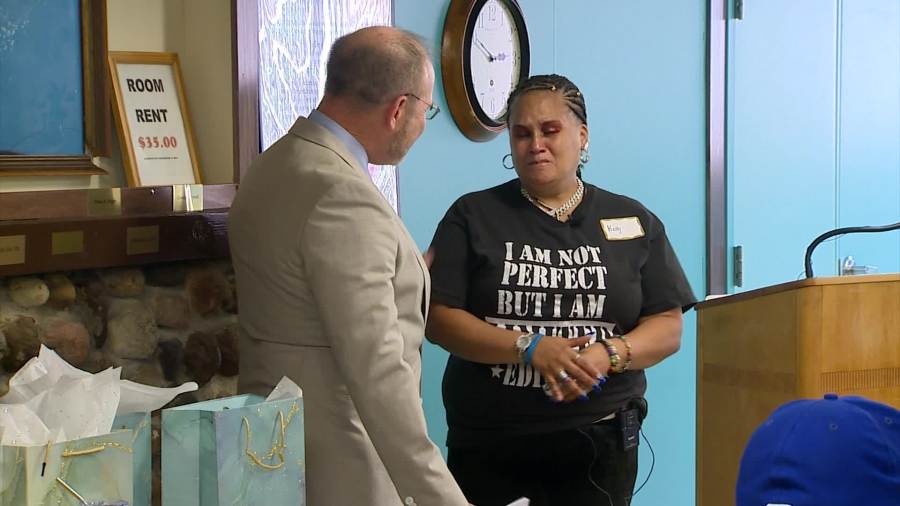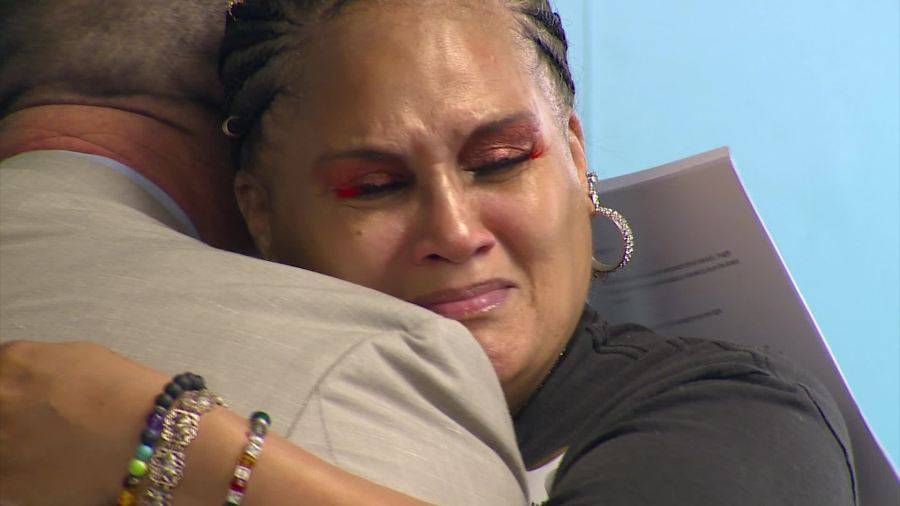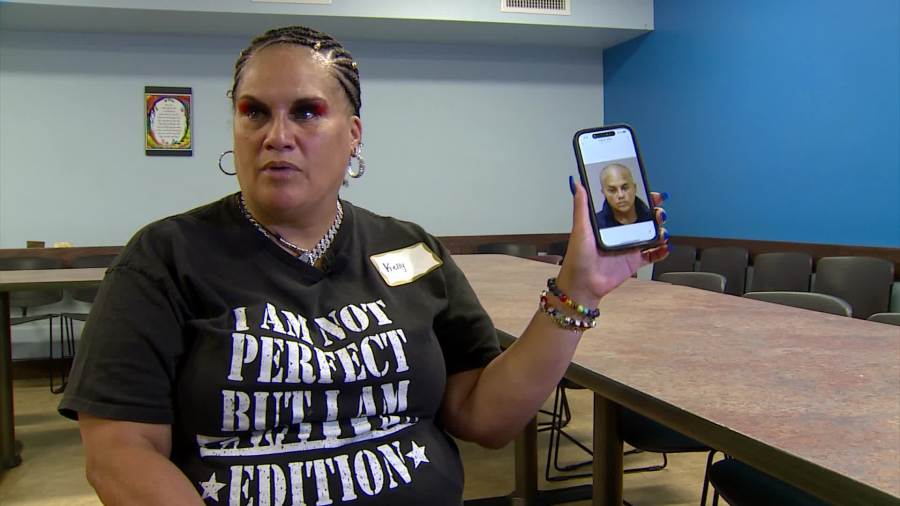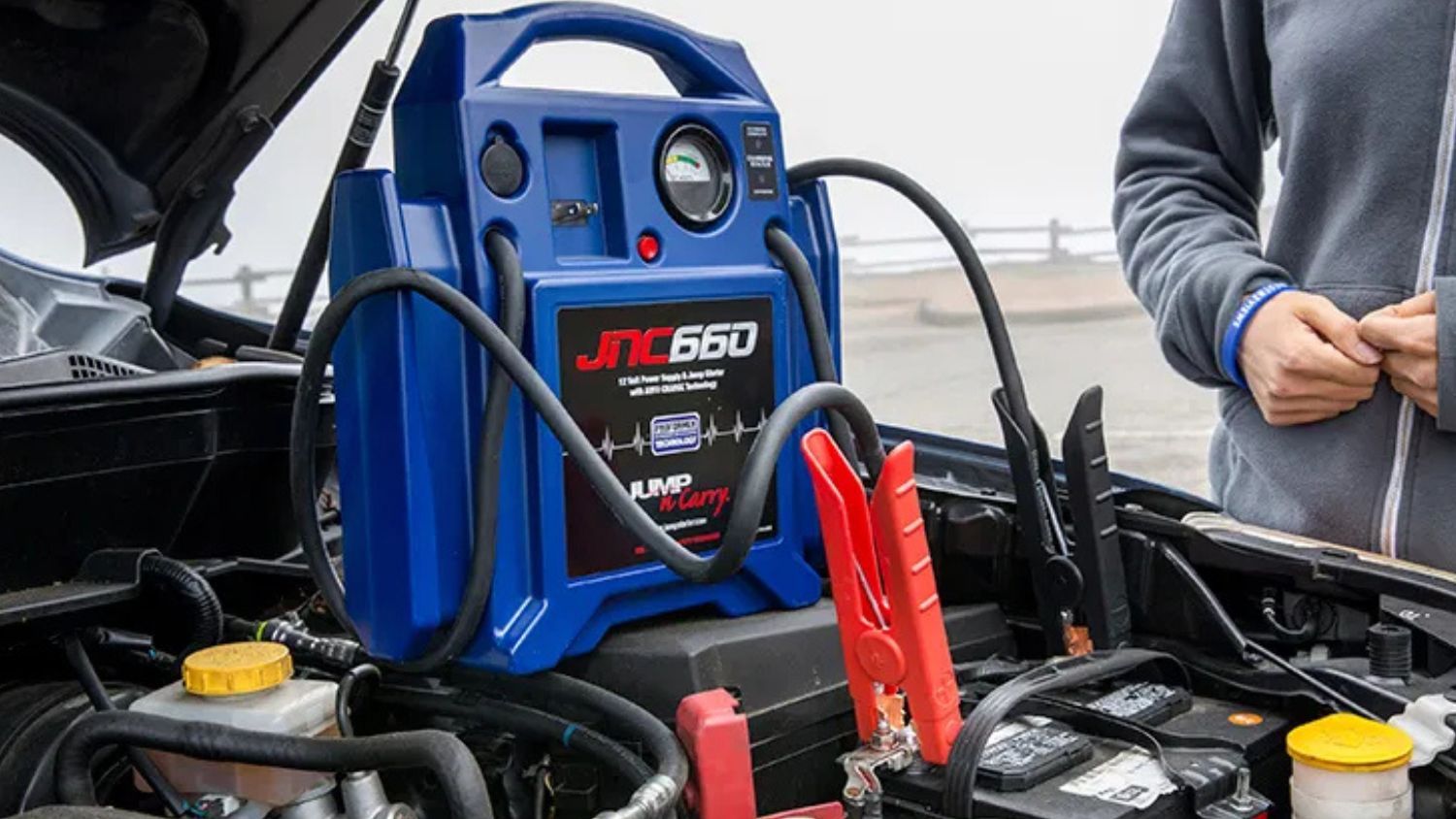GRAND RAPIDS, Mich. (WOOD) — The mental health treatment court credited with helping felony offenders turn their lives around lost a half-million-dollar grant for the new fiscal year.
“It hit me like a gut punch,” said Judge J. Joseph Rossi, referring to the federal government’s decision not to renew the court’s grant. “I knew it would have a dramatic effect on the size of the program and our ability to help people.”
Kent County’s Treatment and Support Court (TASC) offers an alternative to prison for felony offenders who have diagnosed mental illnesses. Many of them struggle, too, with co-occurring drug addictions.
“The basis of the denial is still largely unknown, despite our requests for explanation,” Rossi write in a Sept. 26 letter announcing the grant denial.
A spokesperson for the grant-making agency, the U.S. Substance Abuse and Mental Health Services Administration (SAMHSA), told Target 8 it does not comment on grant funding decisions.
“The grant, originally awarded in 2019 and renewed through 2024, represents almost 50% of the Court’s funding,” Rossi wrote in a letter to judges and attorneys. “Our clinical staff have determined that we can continue to serve all current participants. However, the Court must reduce admissions effective immediately, as new participants can only be admitted when current participants graduate or withdraw from TASC.”
Rossi said the funding loss forced him to cut TASC staff from four to two and, ultimately, reduce the number of program participants from the 40 it currently serves to 20.
“I want to offer assurances that the program will continue,” Rossi said in an interview Thursday, noting the court’s state funding remains in place. “It will continue on a smaller scale until we replace that lost funding, but we will still have a treatment and support program for people who are suffering from mental illness, who picked up a felony charge.”
Since its launch in 2017, the program has admitted 153 offenders, according to TASC coordinator Teri Clark.
“(We’ve had) 60 graduations thus far with another 32 still actively participating,” Clark wrote. “We have a 62% rate of success (graduation).”


It was just two weeks ago that the specialty court celebrated its five newest graduates. Kelly Palmer was among them.
“I cannot believe I finally did this,” said a tearful Palmer, speaking to guests who’d gathered for the celebration on Grand Rapids’ northside. “Thank you.”
Palmer, 56, credited the specialty court’s structure and intensive counseling, God and several mentors in the community for helping her find the strength to begin the recovery journey.
“With 34 felonies under my belt, and being inside the Kent County Jail 401 times,” Palmer told Target 8, “I have 33 mug shots.”

But Palmer has turned the page.
“Allow me to reintroduce myself,” Palmer told the crowd. “My name is Miss Kelly Palmer. (I) once was suffering from prostitution and a crack cocaine addiction. I will never forget them dark places.”
Palmer plans to use her experience to help other women get off the streets and the drugs that keep them there.
“(I want) to give back to the community and say, ‘Hey, let me be a beacon of light to you people,'” she said. “If I can do it, anybody can.”
*Editor’s note: Program organizers initially told News 8 that the program would be scaled back from 40 participants to around 25, but later clarified it was being reduced to 20 participants.









